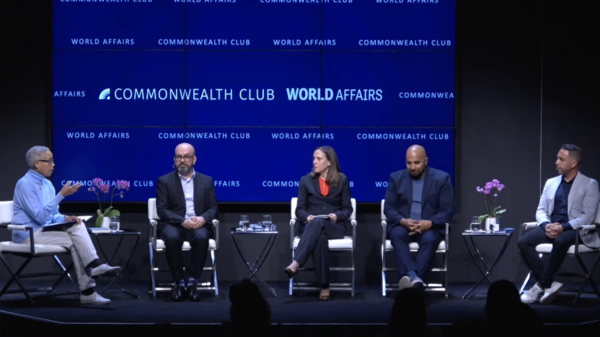
In Excessive Punishment: How the Justice System Creates Mass Incarceration, Brennan Center Justice Program Senior Director Lauren-Brooke Eisen unpacks why our criminal legal system is so punitive. Excessive Punishment contains 38 essays, by 45 contributors — practitioners, activists, academics, and thought leaders — who contributed their critical voices to highlighting the harms of the status quo and providing valuable insight into how we can move toward a criminal legal system that is smaller, more effective, and more humane.
All proceeds of book sales will go to the Women’s Prison Association
The United States has by far the world’s largest population of incarcerated people. More than a million Americans are imprisoned; hundreds of thousands more are held in jails. This vast system has doled out punishment — particularly to people from marginalized groups — on an unfathomable scale. At the same time, it has manifestly failed to secure public safety, instead perpetuating inequalities and recidivism. Why does the United States see punishment as the main response to social harm, and what are the alternatives?
This book brings together essays by scholars, practitioners, activists, and writers, including incarcerated and formerly incarcerated people, to explore the harms of this punitive approach. The chapters address a range of issues, from policing to prosecution, and from how people are treated in prison to the consequences of a criminal conviction. Together, they consider a common theme: we cannot reduce our dependence on mass incarceration until we confront our impulse to punish in ways that are excessive, often wildly disproportionate to the harm caused.
Essays trace how a maze of local, state, and federal agencies have contributed to mass incarceration and deterred attempts at reform. They shed light on how the excesses of America’s criminal legal system are entwined with poverty, racism, and the legacy of slavery. A wide-ranging and powerful look at the failures of the status quo, Excessive Punishment also considers how to reimagine the justice system to support restoration instead of retribution.
In addition to leading the Brennan Center Justice Program, Eisen is the author of Inside Private Prisons: An American Dilemma in the Age of Mass Incarceration and has written dozens of reports and articles on how to reduce the United States’ reliance on incarceration.



